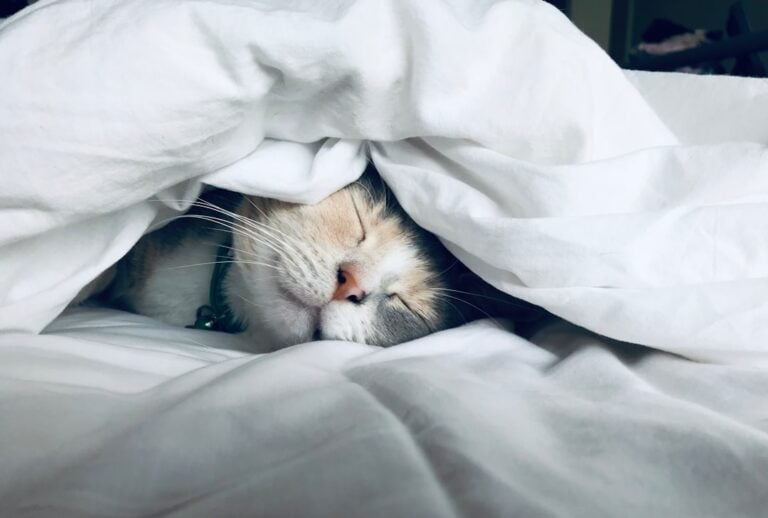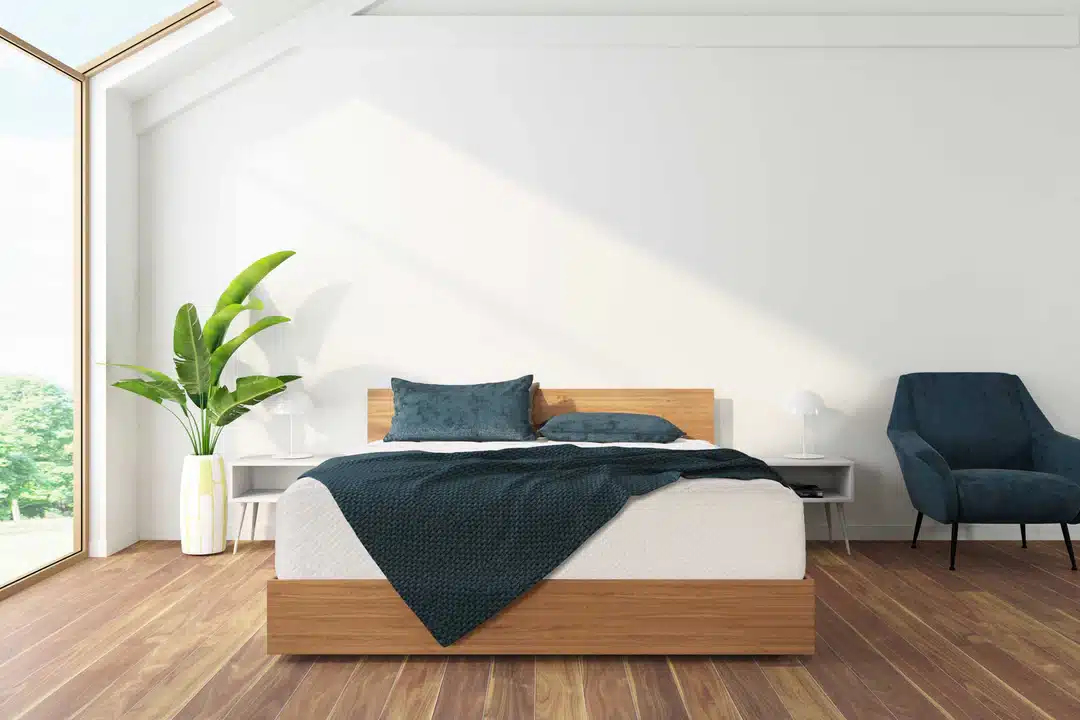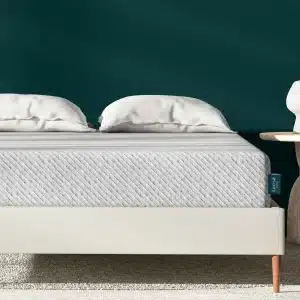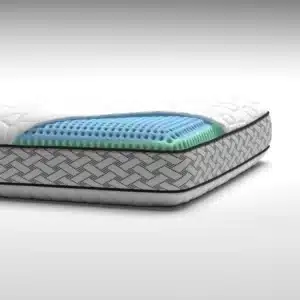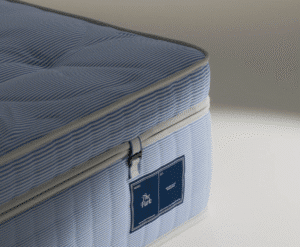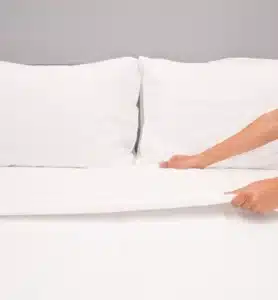Could You Be a Short Sleeper? Take Our Syndrome Quiz!
What is Short Sleeper Syndrome?
Could you be one of those individuals who thrives on just a few hours of sleep yet feels completely revitalized? Short Sleeper Syndrome (SSS) might be the answer. This intriguing condition allows natural short sleepers to function well with only four to six hours of sleep per night, thanks to unique genetic factors. If you’re intrigued to discover whether you could be a short sleeper, our specialized quiz provides a straightforward way to assess your sleep patterns.
Understanding Short Sleeper Syndrome
Defining Short Sleeper Syndrome
Short Sleeper Syndrome is characterized by individuals who naturally require less sleep than the average person yet still wake up feeling refreshed and energetic. Unlike the conventional recommendation of 7-9 hours, those with SSS often function optimally on less sleep, leading to high energy levels throughout the day.
The Phenomenon of Natural Short Sleepers
Individuals with SSS, colloquially referred to as natural short sleepers (NSS), don’t develop this trait over time. Instead, it typically manifests during childhood or adolescence and persists throughout their lives. Remarkably, these individuals face fewer health risks associated with sleep deprivation and enjoy sustained energy and alertness.
The Genetic Aspect of Short Sleeper Syndrome
So, what sets short sleepers apart? Research indicates that genetic mutations play a crucial role in SSS. Notable genes such as the DEC2 gene and the ADRB1 gene have been identified as influential factors that allow some people to thrive on less sleep.
– DEC2 Gene: Linked to the regulation of sleep patterns, mutations in this gene are associated with shorter sleep durations.
– ADRB1 Gene: Affects the body’s response to adrenaline and has been connected to the reduced need for sleep.
Studies have identified these genetic mutations in approximately 50 families, indicating a hereditary link. If a parent has SSS, you might also possess this trait.
Real-Life Examples of Genetic Influence
A study published in Neuron (2019) uncovered a rare mutation in the ADRB1 gene that significantly influences sleep and wake behaviors. Another study in Sleep (2014) identified a novel variant of the BHLHE41 gene linked to short sleep and natural resistance to sleep deprivation. These findings underline the genetic underpinnings of SSS and how it can shape one’s sleep experience.
The Benefits of Being a Short Sleeper
Unlike chronic sleep deprivation, Short Sleeper Syndrome does not pose known health risks. Individuals with SSS enjoy good sleep quality, reducing the likelihood of serious health concerns such as heart disease, obesity, and depression. If you awake invigorated after just a few hours, there’s a good chance you are one of the unique natural short sleepers.
Symptoms of Short Sleeper Syndrome
Recognizing the symptoms of Short Sleeper Syndrome can help you determine if you fit this specific profile:
– Sleep Duration: NSS typically sleep between four to six hours each night. If you wake feeling refreshed, you may have SSS.
– Energy Levels: High energy characterizes SSS. Those with this condition often feel invigorated and rarely require daytime naps.
– Daytime Alertness: Individuals do not experience the drowsiness linked to inadequate sleep. They maintain alertness and are engaged throughout the day.
Taking the Short Sleeper Syndrome Quiz
Curious if you might be a natural short sleeper? Our comprehensive Short Sleeper Syndrome quiz is an excellent starting point! This quiz evaluates your sleep habits and overall sleep quality.
How It Works:
The quiz is quick and user-friendly, focusing on:
– Your Sleep Duration: How many hours do you sleep each night?
– Energy Levels: Do you wake up feeling refreshed?
– Daytime Alertness: Are you active without feeling fatigued during the day?
Why You Should Take the Quiz
Understanding your sleep patterns is crucial in recognizing whether you have SSS. Although the quiz is not a diagnostic tool, it can be pivotal in deciding whether to seek professional help for further evaluation.
Consulting a Healthcare Professional
If your quiz results indicate SSS, it’s beneficial to consult a healthcare professional. They can:
– Review Your Sleep Habits: Discuss sleep duration and quality.
– Perform a Physical Examination: Identify any underlying health issues.
– Recommend a Sleep Study: Polysomnography can help pinpoint other sleep disorders.
Key Indicators to Assess Your Sleep Quality
Sleep Duration: One primary indicator of SSS is your sleep duration. Tracking your sleep for a week can reveal patterns. If you feel well-rested consistently with six or fewer hours of sleep, you might be a natural short sleeper.
Weekend Sleep Patterns: Check if your sleep duration remains stable over weekends. Unlike typical patterns where people catch up on sleep, short sleepers often wake naturally after around six hours.
Physical Examination and Sleep Study: A healthcare provider may conduct a physical examination and recommend a polysomnography test to rule out other sleep disorders. This comprehensive test tracks your sleep stages and can confirm whether you achieve deep sleep quickly within shorter durations.
Frequently Asked Questions about Short Sleeper Syndrome
How do I know if I have Short Sleep Syndrome?
Short Sleep Syndrome can be recognized by sleeping between four to six hours a night while feeling energized and avoiding daytime drowsiness. If this resonates with you, consulting a healthcare professional is advisable.
Is Short Sleep Syndrome rare?
Indeed, SSS affects about 1% of the population. Genetic mutations associated with this condition often appear in families, highlighting its hereditary nature. Notable figures like Barack Obama and Martha Stewart are thought to be natural short sleepers.
Conclusion
Understanding your sleep habits is essential for your overall health and well-being. Whether you suspect you have Short Sleeper Syndrome or another sleep disorder, gaining insight into your sleep patterns can be transformative. Good sleep quality is crucial, as chronic sleeplessness can lead to significant health issues, while on the other hand, natural short sleepers often enjoy excellent cognitive function and emotional health.
Taking the Next Step
If you suspect you might be a short sleeper, take our Short Sleeper Syndrome quiz today. Consult with a healthcare professional if your results indicate SSS. Prioritizing your sleep can significantly enhance your life. Don’t let sleep issues hinder your potential—understand your unique needs to enhance your health and well-being!


